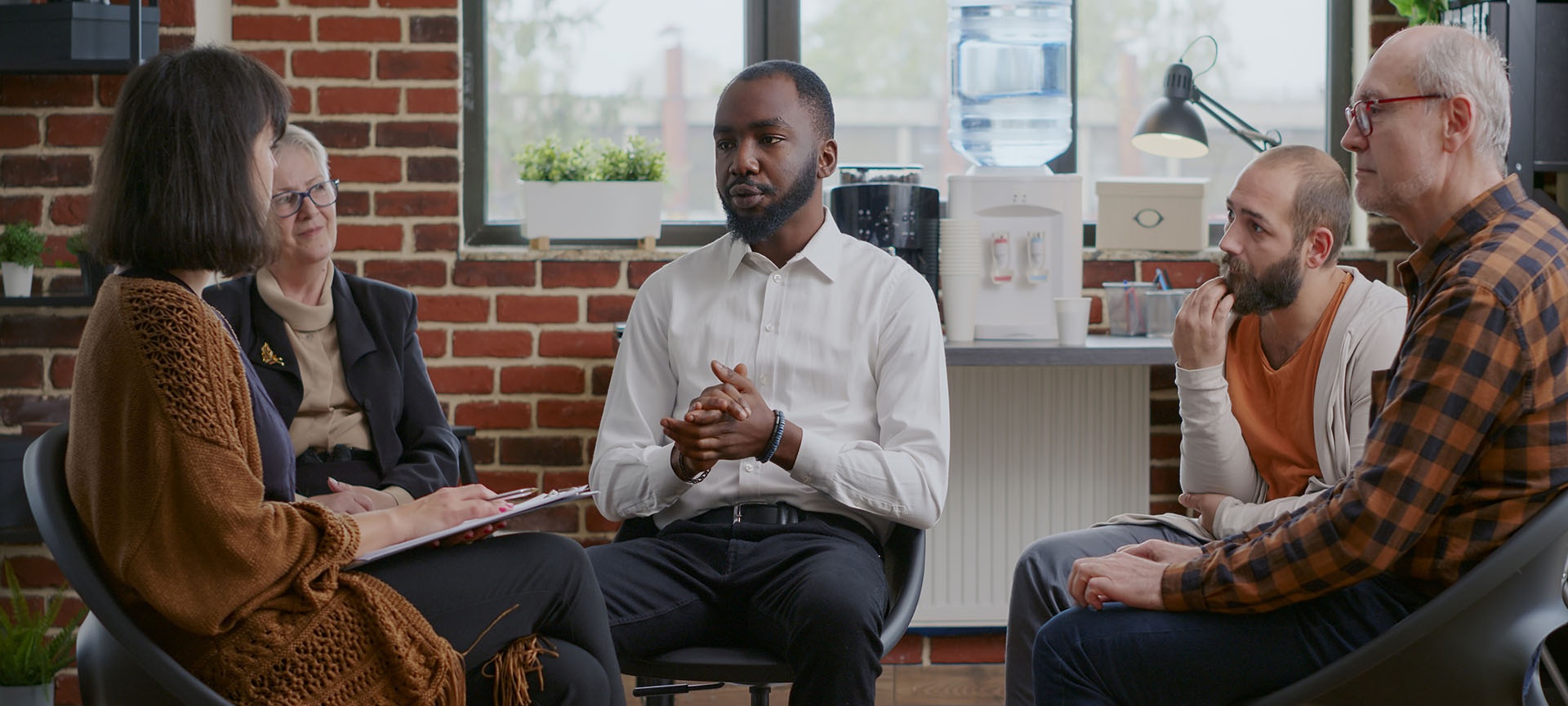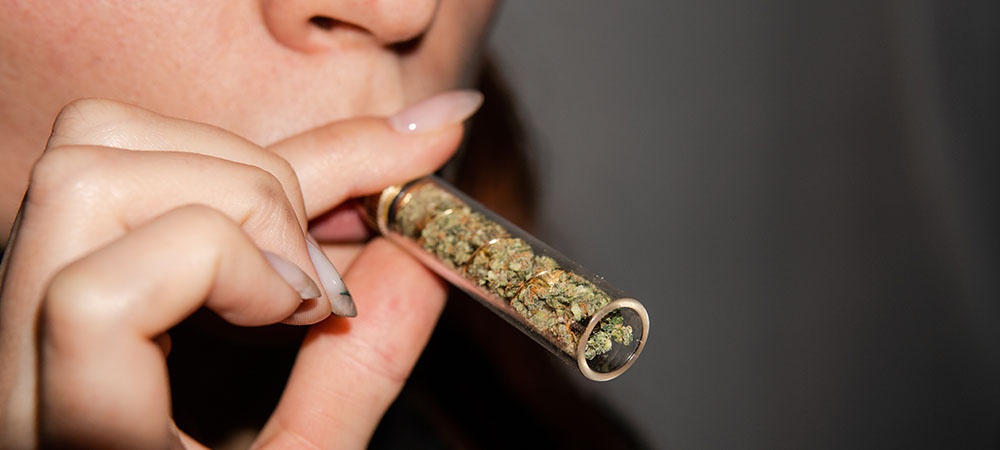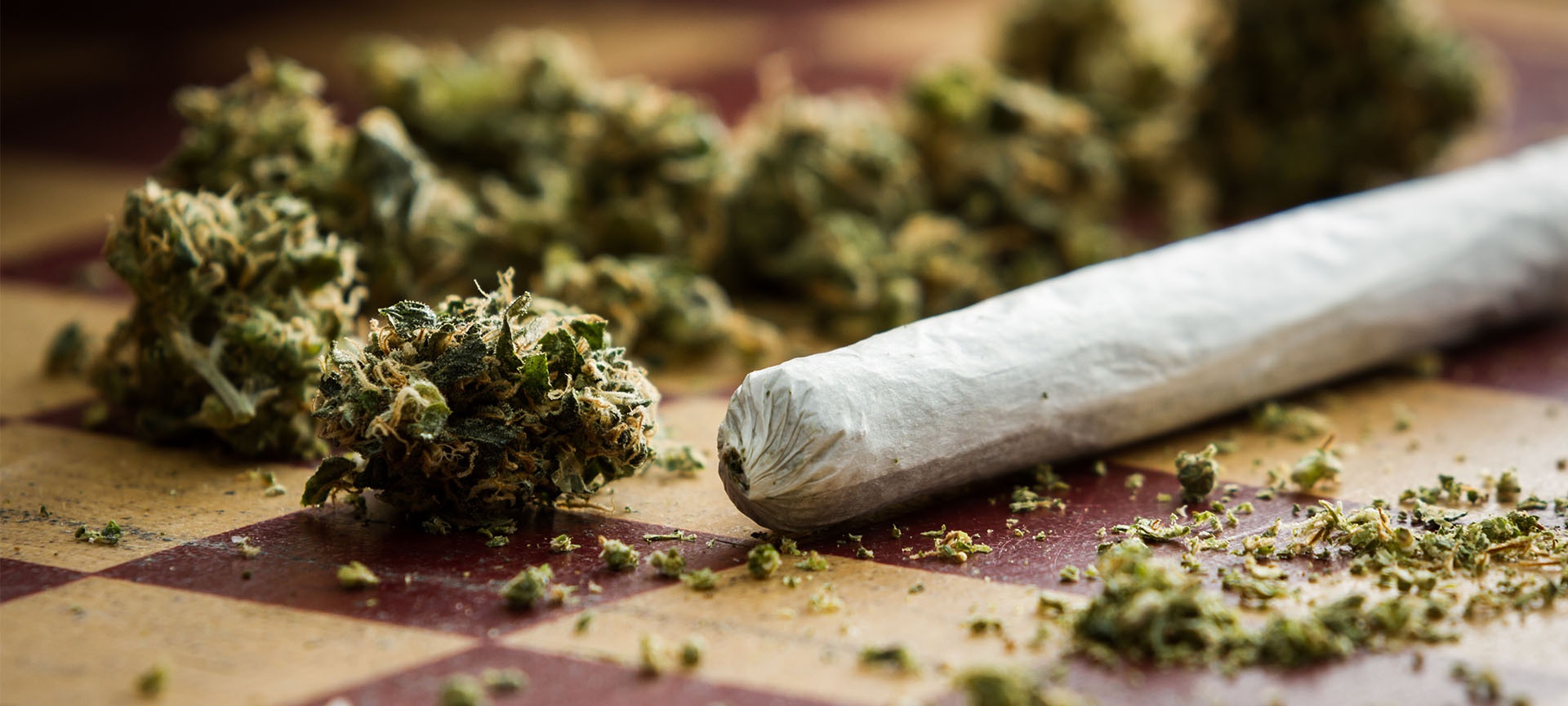
Do People Go to Drug Rehab for Marijuana?
Many Canadians see weed as a harmless drug. Usage has increased among medical and recreational users, and many people believe marijuana is “good for you”. More than 65% of Canadians support the legalisation of marijuana.
However, marijuana is not as harmless as it seems. People often reach the point of continuing to use it in spite of negative consequences. Marijuana addiction is affecting many people around the world. It is a common drug addiction that can be managed under guidance from a recovery expert.
What is Marijuana?
Marijuana is a mind-altering (psychoactive) drug, produced by the cannabis sativa plant. It contains over 480 chemicals; THC (tetrahydrocannabinol) is the one that produces the psychoactive effect that is so addictive.
Marijuana is usually smoked as a cigarette (called a joint) or in a pipe or bong. It is also smoked in blunts, which are cigars that have been emptied of tobacco and refilled with marijuana, sometimes in combination with another drug. Marijuana is also mixed with foods or brewed as tea.
Over the past few decades, the amount of THC in marijuana has steadily climbed; today’s marijuana has three times the concentration of THC compared to 25 years ago. The higher the THC concentration, the stronger the effects on the brain—likely contributing to increased rates of marijuana-related emergency room visits.
How You Get Addicted to Marijuana
About 10% of marijuana abusers develop an addiction. One of the main reasons you may find yourself getting addicted is because marijuana is one of the most difficult drugs to give up. This is partly because it is not seen as “dangerous” and is known to produce mild withdrawal symptoms.
Additionally, there are underlying conditions that can make people more likely to get addicted to marijuana. People with post-traumatic stress disorder (PTSD), depression, anxiety, and schizophrenia, for example, are at increased risk of becoming addicted.
Here are some signs that you might be addicted to marijuana:
- You have developed tolerance, and you consume more of the drug to achieve the same high.
- You are unable to stop using the drug even after trying.
- A significant part of the day is spent getting high.
- You have replaced your responsibilities, hobbies, and physical activities with getting high.
- You use weed to escape from real-life problems.
Marijuana Addiction and the Brain
Marijuana advocates would have people believe that this is a drug that’s organic, harmless, safe, and completely benign. In short, they want others to believe that marijuana doesn’t cause any addictive problems whatsoever. Unfortunately, that’s not an opinion that’s borne out by science.
The active ingredient in marijuana, THC, latches to receptors in the brain and triggers chemical reactions associated with bliss and relaxation. It’s a chemical manipulation, and the brain resists that process by turning off or shutting down receptors. The brain is, in other words, altered by marijuana. In time, the brain will function at an optimal level only when there’s marijuana available.
When people develop an addiction, they can experience irritability and restlessness when they try to stop marijuana use. They can develop deep cravings for marijuana that can interrupt their sleep, their work, and their home life. This is another hallmark of addiction, and it’s a known risk with marijuana use.
Long-term, marijuana affects brain development. Developing brains, such as those in babies, children, and teenagers, are especially susceptible to the harmful effects of marijuana and THC. Although scientists are still learning about the effects of marijuana on developing brains, studies suggest that marijuana use by mothers during pregnancy could be linked to problems with attention, memory, problem-solving skills, and behaviour in their children.
Using marijuana before age 18 may affect how the brain builds connections for functions like attention, memory, and learning. Marijuana’s effects on these may last a long time or even be permanent but more research is needed to fully understand these effects. Youth who use marijuana may not do as well in school and may have trouble remembering things.
The impact of marijuana use on the brain depends on many factors, including:
- The amount of THC (in other words, the concentration or strength)
- How often it is used
- Age of first use
- Whether other substances (for example, prescription painkillers and alcohol) are used at the same time
Marijuana Addiction Treatment
There are numerous options for addressing concerns related to cannabis use and addiction, and each individual will have their own set of goals when engaging in addiction treatment. Every person’s experience is different, and what has been effective for some people may not be effective for others. Mental illnesses and addiction are both rooted in a complex and variable combination of biology, psychology, and life experience. In recovery, an individualised treatment plan will be created.
Detoxification
Detoxification helps people safely withdraw from marijuana until the substance is no longer present in the system. This should be done under the supervision of a medical professional. It is usually the first step in addiction treatment for individuals recovering from moderate to severe forms of marijuana addiction. In most cases, those detoxing from marijuana can do so at home following the guidelines of a doctor, but in some cases, medication-assisted therapy may be needed to help ease the severity of withdrawal symptoms. Medications prescribed during detox are often tapered down until the patient is no longer physically dependent on marijuana.
Therapy
Fortunately, there are many types of addiction treatment for cannabis use disorder. These include specific types of therapy. Typically, the longer the addiction lasts the longer the recovery period will be.
- Cognitive behavioural therapy (CBT) is used to help people in recovery uncover problematic thoughts or feelings that may compromise their sobriety or contribute to a relapse. This form of therapy is also useful in treating co-occurring conditions, such as bipolar disorder.
- During dialectical behavioural therapy (DBT), severe mental illnesses such as obsessive-compulsive disorder (OCD) are treated in conjunction with a marijuana addiction. This therapy aims to improve self-esteem, provide stress-management skills, and encourage individuals in recovery to remove triggers from their life.
- Motivational enhancement therapy focuses on a person’s internal attitudes and beliefs. A therapist would help you to create statements that reflect why you want to stop using marijuana, and together, you create an action plan to quit.
Rehab Options
Inpatient rehabs offer structured addiction treatment programs designed to address all facets of an individual’s addiction. During inpatient rehab, patients reside in a marijuana-free facility and receive around-the-clock medical care and therapeutic support. Inpatient rehabs are a great option for individuals battling chronic marijuana addiction as well as those suffering from a co-occurring mental health or behavioural disorder. This typically lasts for 30 to 90 days.
Partial hospitalisation program (PHP) is a program whereby the patient continues to live at home but commits to go to a treatment centre up to seven days a week. The programming is the same as inpatient rehab. This addiction treatment is appropriate for a less severe marijuana use disorder.
Intensive outpatient program (IOP), also known as an intensive outpatient treatment (IOT) program, is a structured non-residential psychological treatment program which addresses mental health disorders and marijuana addiction. It does not require the intensive residential or partial day services.
Outpatient rehabs are another form of comprehensive addiction treatment. These programs offer many of the same kinds of effective treatments and therapies as inpatient rehabs. However, outpatient rehabs allow patients to live at home during the recovery process. Patients can continue working and caring for their families while attending scheduled treatment sessions throughout the week.
It’s important to keep in mind that outpatient rehabs do not sequester patients from the real world; therefore, patients are at greater risk of encountering triggers that challenge their sobriety. Because of this, outpatient rehabs are suited for individuals with mild forms of addiction and a committed, disciplined approach to recovery. Outpatient programs are also an excellent “step-down” program after inpatient addiction treatment.
Getting Help
Recovery from marijuana is a challenging process that requires the drive to get better, along with patience and commitment. At Thousand Islands Rehab Centre, we are dedicated to help those suffering from marijuana use disorder in their healing journey. We will create a customised treatment plan that will help you understand and overcome your addiction triggers and find new, healthy ways of resolving conflicts and coping with stress. To receive professional guidance, contact us today.





